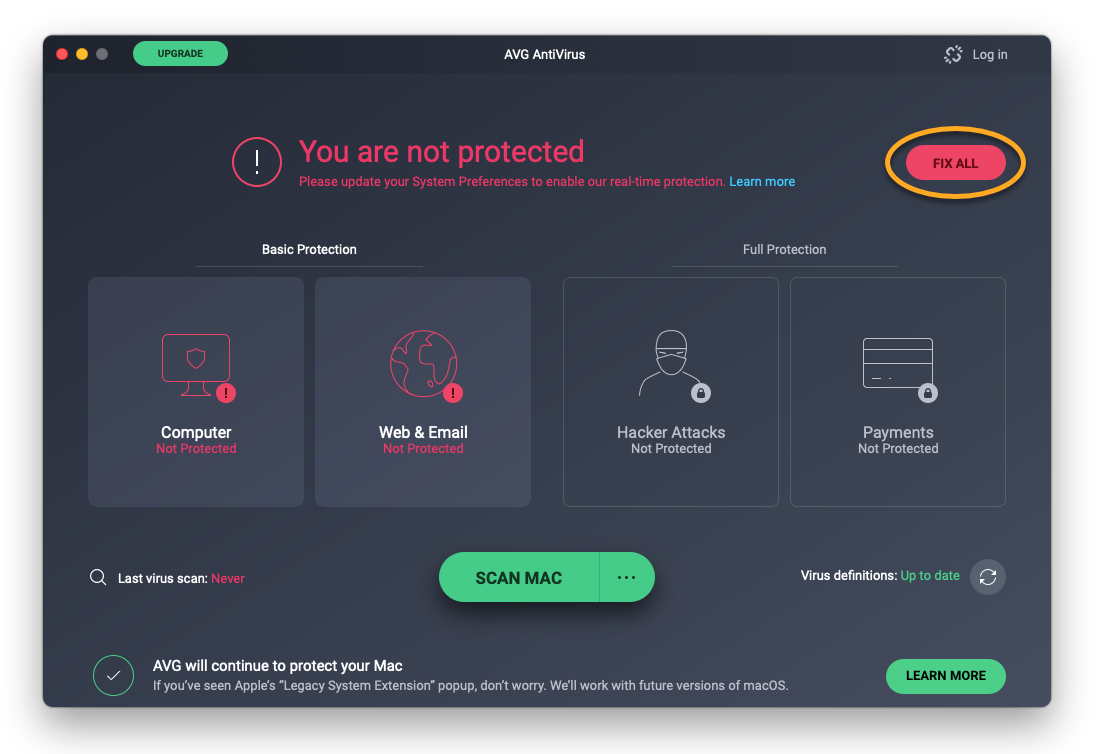

The e-mails link to phony Web sites, so it doesn't matter whether you use a Mac or Windows. Most of these come in the form of fake e-mails from banks or retailers.

The biggest comes from phishing schemes – attempts to fool people into divulging their passwords or credit card information. It's been said before, but it always bears repeating: while Mac users have little to fear from the sort of self-propagating viruses that plague Windows PCs, they still need to be wary of other cyberthreats. With Apple leaving its customers befuddled over what they should do, it fell to tech Web sites to dispense recommendations. Some of the features provided by Avira include two-way firewall protection, social network shield, and a scan scheduler. It offers you multiple security functionalities.It has a very effective support system in place. I'm inclined to agree.Įvans' widely quoted statement clarified little, since he comes close to contradicting the party line when he says no system is immune from all threats and suggests Mac users install antivirus software – just as the withdrawn KB article did. Avira is one of the popular free anti-virus apps for iPad. Why the mixed signals? Cynics on the Web have theorized Apple pulled the KB article as a PR move it was embarrassed that the public had discovered its recommendation to use antivirus software even as its advertising touted Macs as a virus-free paradise. Or does it mean Apple's 11 new security features in Leopard made that big of a difference? Because if that's true, Apple should issue a warning to the Mac community of the risks of using earlier versions of Mac OS X.


 0 kommentar(er)
0 kommentar(er)
